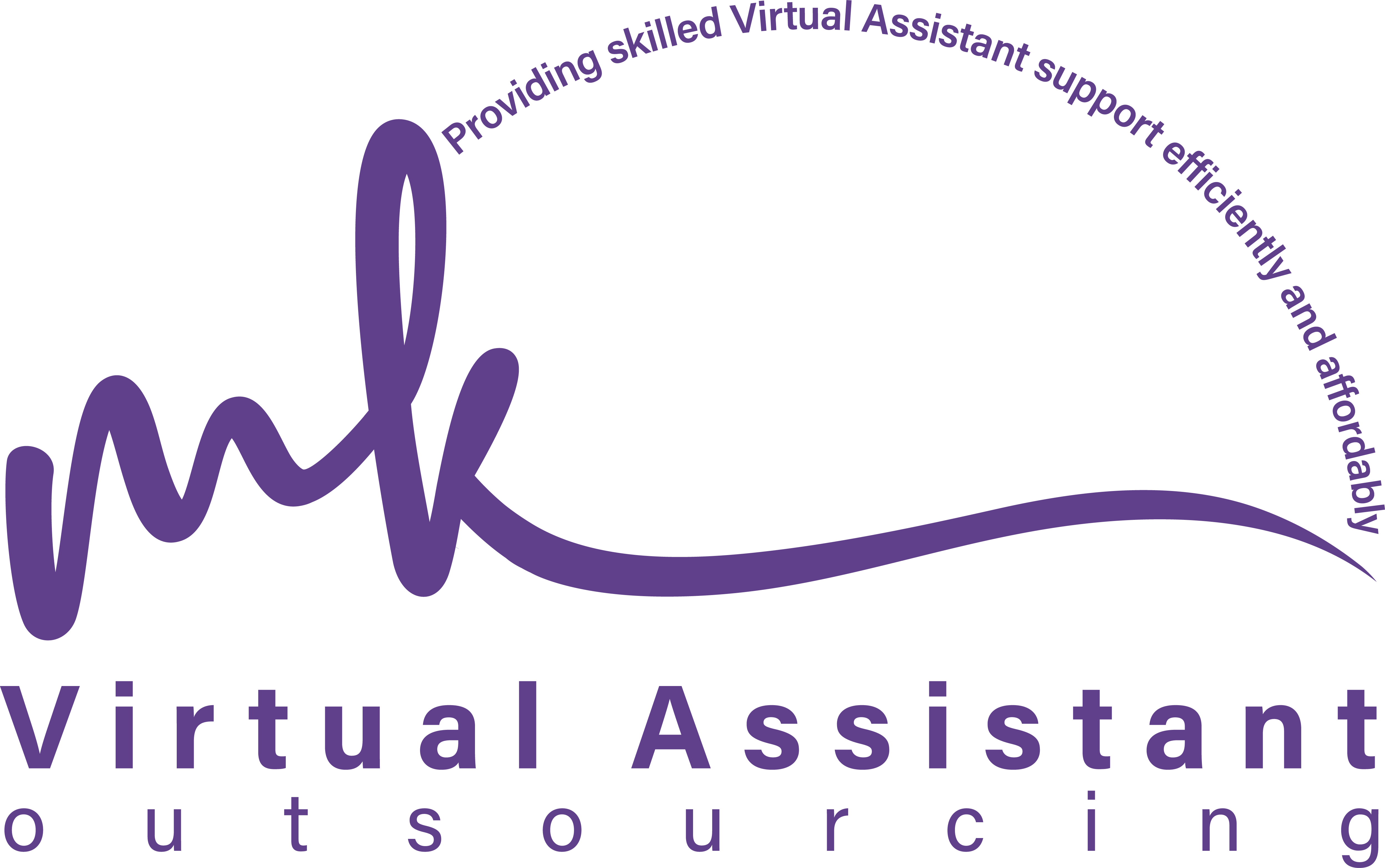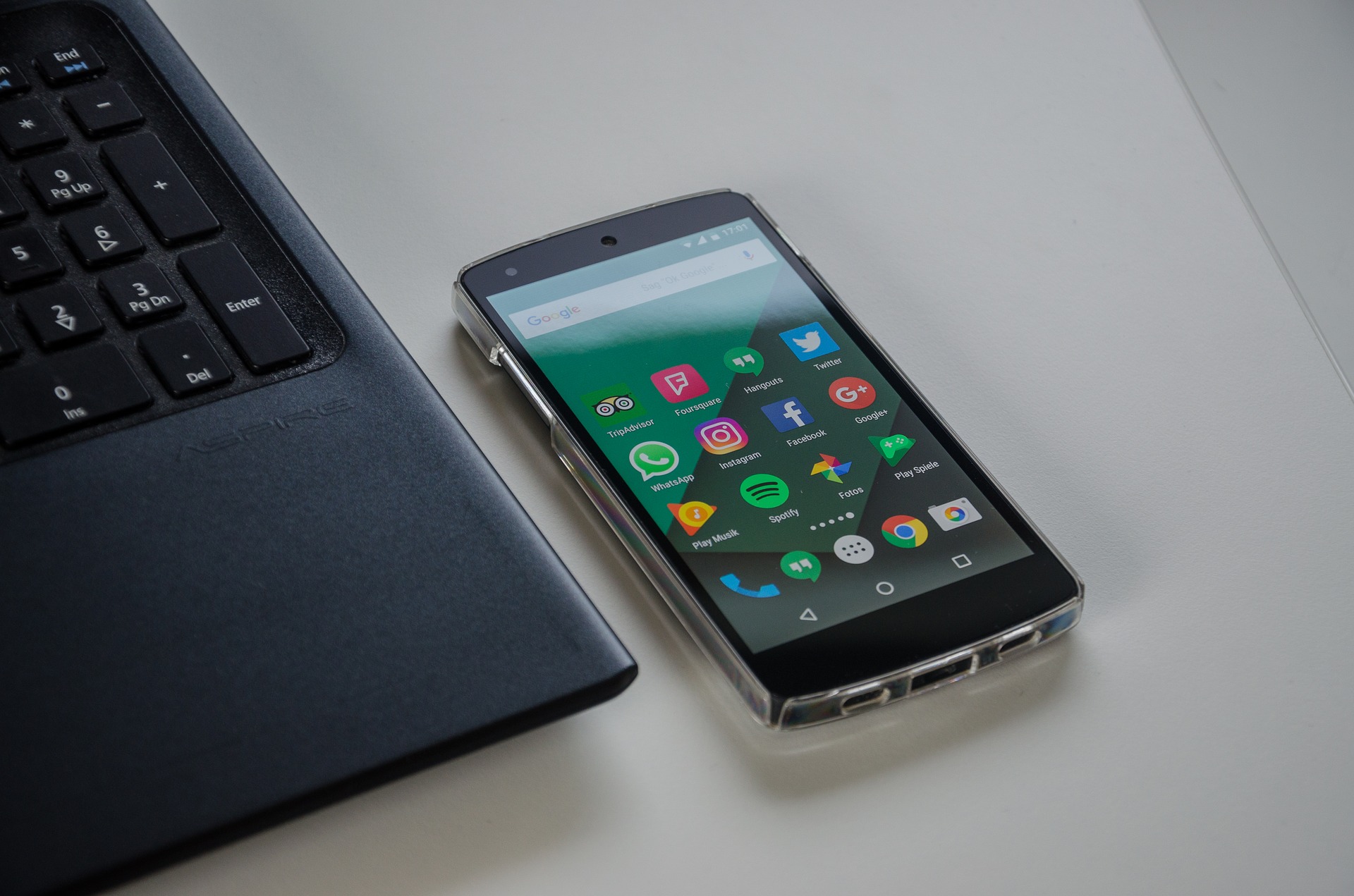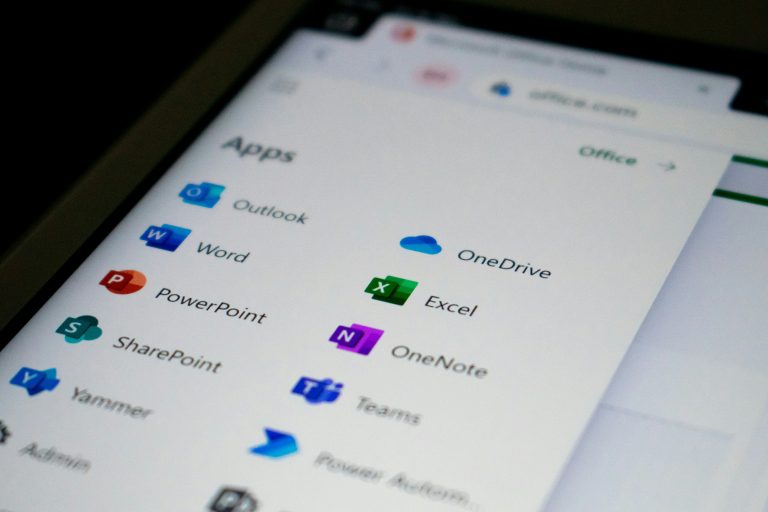What Is VoIP & How Does It Work?
Voice over Internet Protocol (VoIP) is a proven technology that lets anyone place phone calls over an internet connection. With the rise of broadband, VoIP has become the definitive choice for phone service for consumers and businesses alike.
People enjoy using VoIP phone service over traditional phone lines. Why? It offers many more capabilities than analog phones. And it can do it all for less than half the cost.
Cloud phone service providers include powerful features not found with standard phone service. Auto attendants, call recording, custom caller ID, voicemail to email, and so much more. Plus, you can take calls and work from anywhere.
We’ve expanded this guide to take a closer look at what you need to know about Voice over Internet Protocol. We’ll cover everything you need to know, including the benefits of VoIP phone service.
What is VoIP?
VoIP is an acronym for Voice over Internet Protocol that describes the method to place and receive phone calls over the internet. Most people consider VoIP the alternative to the local telephone company.
If you’ve heard of an IP address, that’s your Internet Protocol address. An IP address is how computers and devices communicate with each other on the internet.
VoIP isn’t actually all that new. Telephony has relied on digital lines to carry phone calls since the late 90s. VoIP is a cost-effective way to handle an unlimited number of calls.
So, what does this mean for you?
If you have an internet connection, you call anyone without the need for local phone service. VoIP solutions work on any computer because it’s built upon many years of open standards.
VoIP service providers do more than establishing calls. They perform routing of outgoing and incoming calls through existing telephone networks. Landlines and cell phones depend on the Public Switched Telephone Network (PSTN).
Traditional telephones use analog lines to carry voice signals. If you want to make calls, you have to have extra wiring installed.
Many businesses rely on specialized hardware for phone service. This equipment is known as a Private Branch Exchange (PBX). It connects internal phone extensions to the public telephone network. PBXs are generally quite costly to set up and maintain.
There’s a better option.
A trusted VoIP provider can handle everything for you. Plug your IP phone in, and you’re done. These digital phones use your high-speed internet connection to establish connectivity.
High-speed internet access is available for 93.5% of all people in the United States, according to data provided by the FCC and visualized by Microsoft.
VoIP converts your phone calls into data and is sent over the internet. You can use the Ethernet cables or skip them if you have a strong Wi-Fi signal. It does so at a much lower cost than older telephone systems. Voice over IP has many advantages over traditional phone service. We’ll discuss later on.
How does VoIP work?
Voice over IP uses Internet Protocol, an essential building block of the internet. IP telephony is a massive innovation from the century-old telecommunications system.
For phone calls, the conversation is exchanged using small data packets. The internet can send these data packets around the world in less than a second. For internet telephony, these packets travel between your phone and a VoIP provider.
A VoIP phone system facilitates calls between other phones or over to another telephone company. It also provides other useful functions like voicemail, call forwarding, call recording, and more.
In four steps, here’s how VoIP works.
- Your phone connects to your switch or router in your Local Area Network (LAN).
- When you dial a telephone number, your IP phone tells your VoIP service provider to call the other party.
- Your VoIP service establishes the call and exchanges data packets from your IP phone.
- Your VoIP phone converts these digital signals back into the sound you can hear.
Voice over Internet Protocol bypasses the telephone company entirely. Wherever you have a broadband internet connection, you can use VoIP. It’s a significant upgrade from an analog phone system.
You used to need expensive, proprietary equipment to use VoIP — but that was over 20 years ago! Today, VoIP is built upon open standards such as Session Initiation Protocol (SIP). SIP provides complete interoperability between different desk phones, conference phones, and VoIP apps.
Cloud-based PBXs are responsible for features like voicemail, conferencing, and call routing. When you think about it, they act as their own full-service phone companies that you control.
All you need is a broadband internet connection (cable, DSL, or fiber) and you can reap all the benefits of VoIP.
For assistance please contact us at info@mkvaoutsourcing.com.







